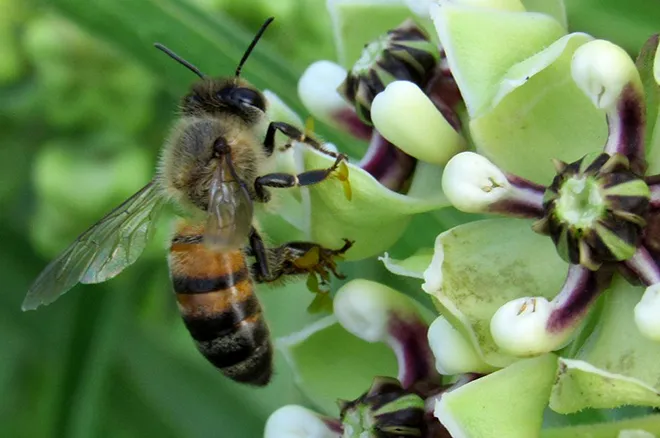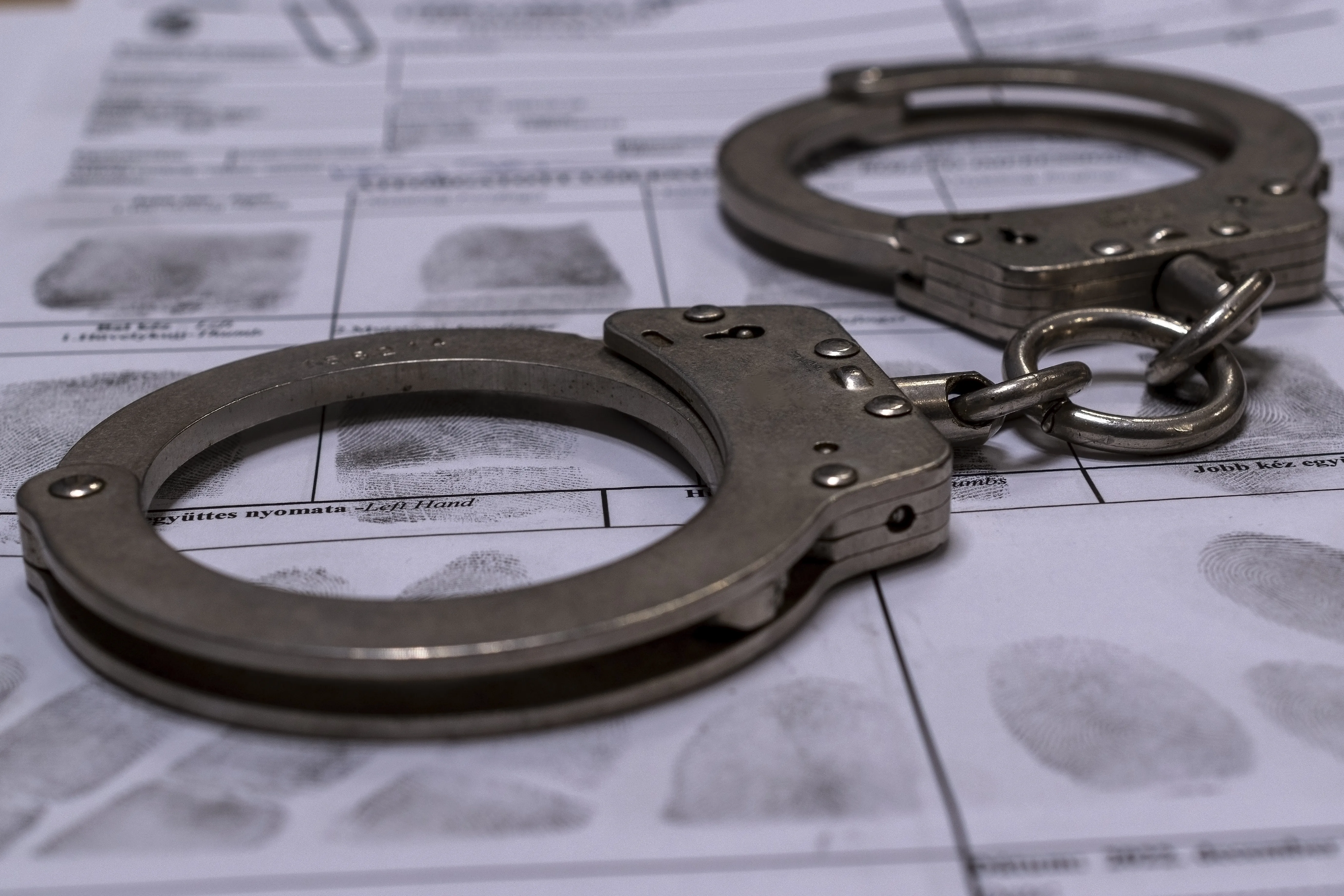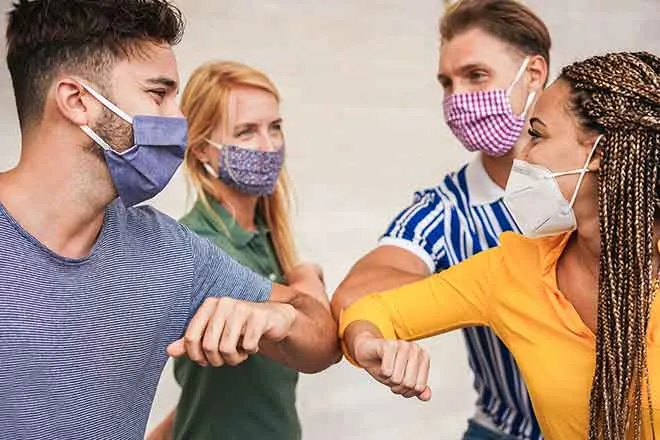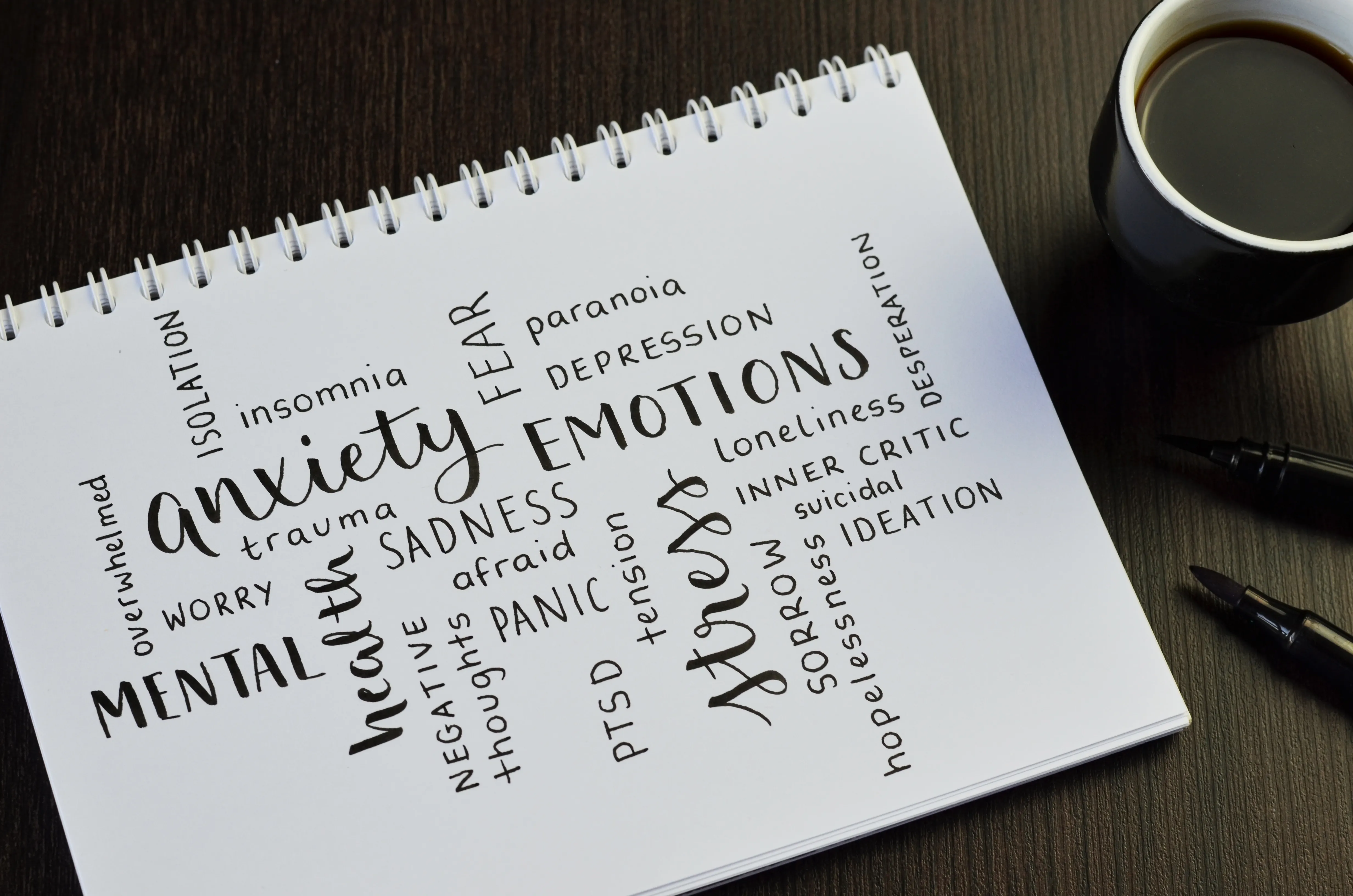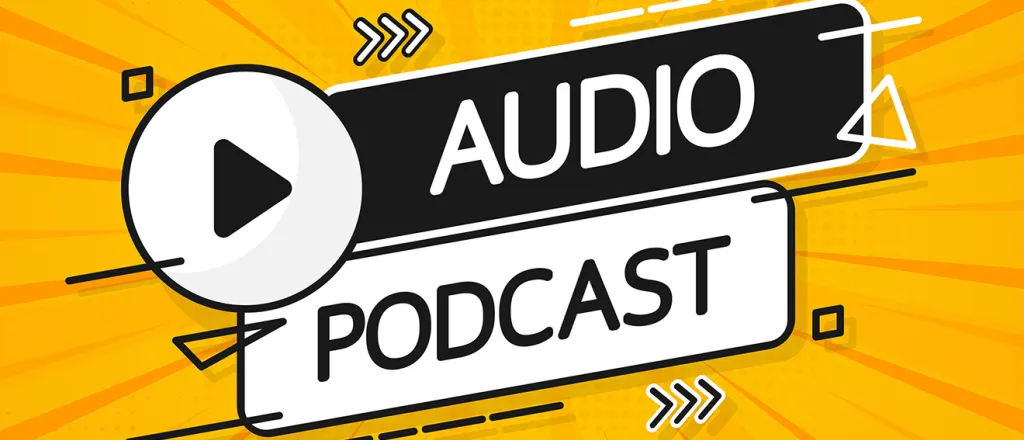
Daily Audio Newscast - April 24, 2024
News from around the nation.
Day two of David Pecker testimony wraps in NY Trump trial; Supreme Court hears arguments on Idaho's near-total abortion ban; North Dakota sees a flurry of campaigning among Native candidates; and New Hampshire lags behind other states in restricting firearms at polling sites.
TRANSCRIPT
(upbeat music)
The Public News Service Story Newscast, April the 24th, 2024.
I'm Mike Clifford.
Donald Trump's trial on allegations of business fraud related to hush money payments featured former National Enquirer publisher, David Pecker, back on the stand Tuesday to detail how he offered to deploy the publication's catchy kill strategy to intercept negative stories about the former president.
That from the Washington Post.
Their report, Pecker's testimony, came after a contentious hearing to consider whether the former president was in contempt for violating the gag order.
Judge Juan Marchand did not immediately issue a ruling on the alleged gag order violations, but had a test exchange with Trump attorney, Todd Blanch.
The Post reports jurors were sent home Tuesday afternoon.
Trial resumes on Thursday morning, with Pecker expected to return for a third day.
And today, a US Supreme Court case tasked the justices with deciding whether they believe Idaho's abortion law is in direct conflict with the Emergency Medical Treatment and Labor Act.
We get more in this Ms. Magazine, Northern Rockies News Service collaboration.
In Idaho, abortion is allowed only when a pregnant patient faces death.
But under federal law, Medicare-funded hospitals are mandated to treat patients with stabilizing care in emergencies, which could warrant abortion care.
George Washington Law School professor, Mary Ann Franks, says the case will determine if states like Idaho are allowed to exclude a pregnant person from receiving what she calls basic protection.
For instance, if a pregnant woman comes into an emergency room and she's having a medical crisis, and what she actually needs to stabilize her is a pregnancy termination, what this law in Idaho does, it says to those doctors that would be treating her, they can't actually provide her with that very necessary emergency care.
I'm Alex Gonzalez reporting.
In North Dakota's Judy Levin primary is inching closer, and those running for legislative seats are trying to win over voters.
The organization North Dakota Native Votes says there are seven candidates with indigenous roots seeking sponsor in the legislature.
Most are running in District 9, which was recently updated to reflect representation needs for two Native American tribes.
Group board member Natasha Gord describes them as a good mixture of candidates coming from both reservations in that area, with some running as Democrats and others running as Republicans.
We've seen an upturn in participation and just getting leadership development through Native candidates.
For her group, Gord says the boost can be tricky because they can't endorse everyone running, but she says having greater assurances, these areas will be represented by people from their community, no matter if they have a different stance on certain issues, is still a positive.
I'm Mike Moen.
This is Public News Service.
Concerns about potential voter intimidation has spurred several states to consider banning firearms at polling sites.
So far, New Hampshire is not among them.
Only a dozen states and Washington, D.C. already prohibit both open and concealed carry weapons at voting locations.
Giffords Law Center Executive Director Emma Brown says most of those bans were enacted after the 2020 election, when unfounded claims of widespread voter fraud took hold.
The risk of gun violence at the polls is heightened, which means that legislation at the state level is even more critical than it ever has been.
Brown says America's elections are free and fair and that prohibiting guns at polling sites and government locations is constitutional.
Opponents contend the bans unfairly disarm law-abiding gun owners.
I'm Catherine Carley reporting.
Recent surveys reveal election workers have faced increased threats and harassment since the 2020 election, with one in three reporting some form of abuse.
Next to Texas, where Lieutenant Governor Dan Patrick has released 57 so-called interim changes on topics he wants Senate committees to study in preparation for the 89th legislative session next year.
Four charges are for the committee that oversees public education.
They include improving reading and math readiness in grade school and redesigning the state's standardized test.
Eli Melandrez with the Teachers Union Texas AFT says educators are surprised the list doesn't include pay increases for teachers or controversial school vouchers, which use public money to pay for private schooling.
It's interesting to see both of those key issues absent from the interim charges.
Across the state, we've seen school closures, we've seen teachers being let go, we've seen a greater percentage of our teacher workforce as uncertified educators.
Two unsuccessful special sessions were held in the past few months, and Freda Ross reporting.
Finally to Minnesota, Mark Richardson reports lawmakers are considering a measure that would force employers to certain trade union workers and others as employees, rather than as independent contractors.
The bill aims to ensure that workers' rights to overtime, minimum wages, safe workplaces, and other benefits are protected.
Richard Kojaiski was the North Central State's Regional Council of Carpenters, says fraud and wage theft is rampant among certain employers.
It maximizes the ability to fight employer misclassification fraud in Minnesota.
And while it was already illegal to misclassify employees, the law was not as strong as this bill will make it.
Versions of the bill have been filed in both the Minnesota House and Senate.
Kojaiski says both measures have cleared relevant committees and he expects them to go to a floor vote next week.
Mark Richardson reporting.
This is Mike Clifford for Public News Service, member and list of supported.
Here's on great radio stations, your favorite podcast platform.
Find our trust indicators at publicnewsservice.org.


